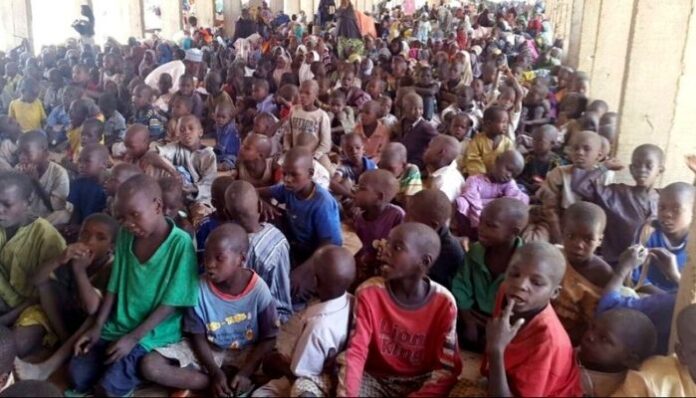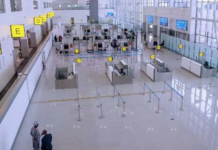Lack of immunisation affects 2.2m children, time to act, it warns
By Jeph Ajobaju, Chief Copy Editor
About 2.2 million children in Nigeria are on zero vaccination dose and susceptible to immunisation preventable diseases, the United Nations Children’s Fund (UNICEF) has alerted.
Children captured under zero dose immunisation have not received any vaccine in the routine national immunisation schedule and equally missed the Doctoral Training Partnerships (DTP) pentavalent vaccines, including diphtheria, pertusis, tetanus, haemophilus, influenzae, and hepatitis.
Kano, Katsina, and Jigawa in the North West have a combined 600,000 children with zero dose of vaccination.
Kano confirmed 61 deaths to diphtheria in March this year, largely due to poor immunisation coverage, especially in rural communities. Hundreds of lives were lost to meningitis and measles in Jigawa in 2022.
UNICEF Chief of Health in Nigeria, Eduardo Blanco, lamented the country ranks second globally among countries with the highest percentage of immunisation gap.
Blanco expressed concern Nigeria drags with 57 per cent immunisation coverage, far below the 90 per cent Global Vaccine Action Plan (GVAP) goal the country committed to fulfil.
Blanco, in a zoom session at UNICEF Kano office, joined by journalists elsewhere, highlighted weak healthcare system, lack of access to quality service delivery, insecurity, especially in the North East among factors responsible for the gap.
He expressed concern Nigeria may see a resurgence of immunisation preventable diseases but stressed UNICEF is targeting one million children in 18 states for immunisation in 700 days.
_________________________________________________________________
Related articles:
UNICEF alerts 6,800 children are being violated in Nigeria’s North East
UNICEF partners UK to save children in Nigeria’s North East
75% of Nigerian children can’t read, says UNICEF
__________________________________________________________________
Kano has highest percentage
UNICEF Chief of Field Officer Kano Office, Rahama Farah, disclosed Kano leads two other states in the zone with 55 per cent spread across 15 councils, per reporting by The Guardian.
He said Jigawa has 26 per cent of the total impact across six councils, and Katsina 19 per cent in eight councils.
Farah attributed the wide gap to population explosion, lack of information, and low government investment in immunisation.
He reiterated immunisation against preventable diseases and quality basic healthcare are two of the fundamental rights of a child, and urged the media to intensify advocate against poor attention to immunisation in the North.
UNICEF Kano Office health specialist, Abimbola Olaniyo, solicited for maximum integration and engagement of religious and community leaders to correct the cultural misconception about the potency of vaccines, especially among rural dwellers.














